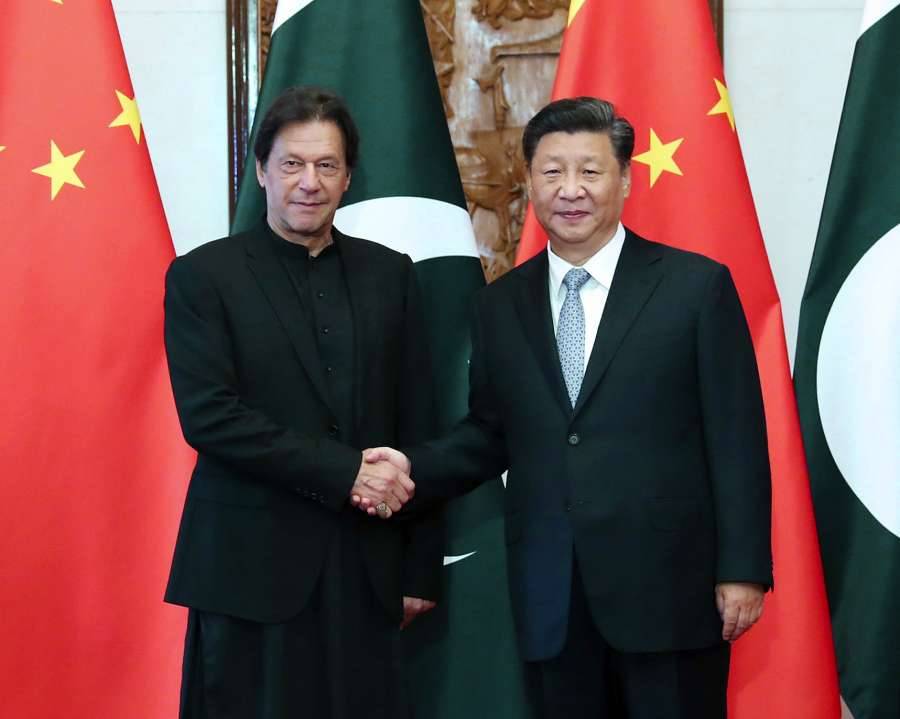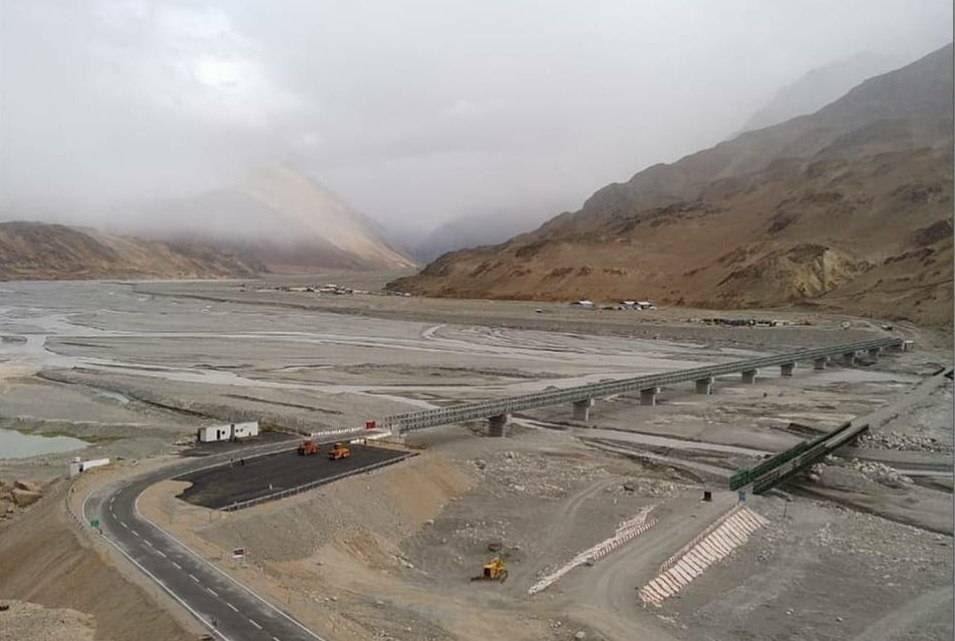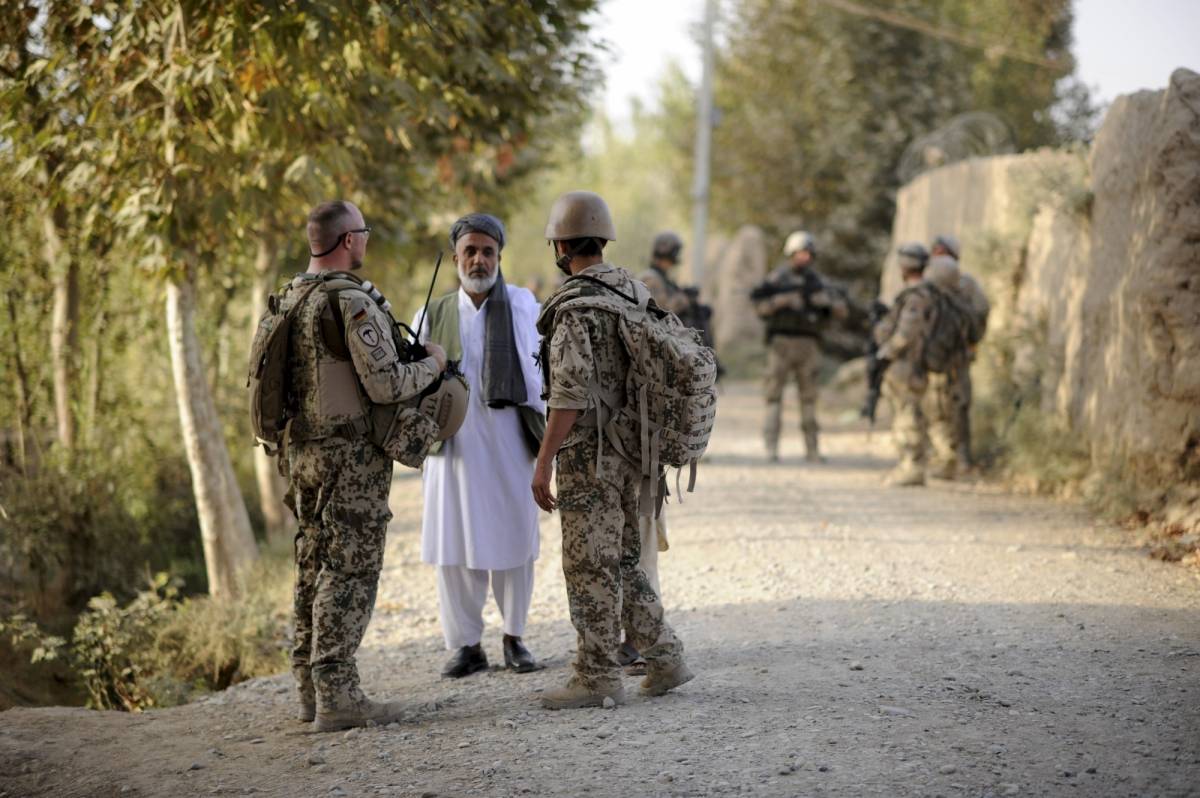The new routes through Pakistan occupied Kashmir (PoK), which India claims as part of its territory will not go down well in New Delhi, which has already rejected the CPEC…reports Ateet Sharma
Islamabad is planning to go ahead with its plan of extending the alternate western corridor route of China-Pakistan Economic Corridor (CPEC) in Pakistan-occupied-Kashmir (PoK) in spite of suffering a major setback due to the continued attacks on Chinese workers in Pakistan.
The new routes through Pakistan occupied Kashmir (PoK), which India claims as part of its territory will not go down well in New Delhi, which has already rejected the China Pakistan Economic Corridor (CPEC) as it pases through this zone. CPEC begins in Gwadar on the Arabian Sea coast, but has to pass through PoK and Gilgit-Baltistan before it heads towards Kashgar, its terminus in China’s Xinjiang region.
Nevertheless, a majority of CPEC projects are now facing an uncertain future after nine Chinese engineers were killed last Wednesday when their bus was attacked near the Dasu hydropower plant in the Upper Kohistan district of Khyber Pakhtunkhwa.
The growing tensions between the ‘iron brothers’ escalated to an alarming level with Beijing not only deciding to cancel the much-awaited virtual 10th Joint Cooperation Committee (JCC) meeting on CPEC at the eleventh hour but also making it clear that foolproof security should be provided to Chinese citizens working on different projects in Pakistan.

The local media reported that on the same day (July 14), the Imran Khan government had decided to extend the western route of CPEC to Gilgit via Swat, Chitral and Shandur in a meeting which was chaired by Pakistan’s minister for planning and development Asad Umar and with Gilgit-Baltistan CM Khalid Khurshid and controversial CPEC chairman Asim Saleem Bajwa in attendance.
“As per the earlier plan, the Western Alignment of the CPEC was to be of 1153 kilometers starting from Gwadar in Balochistan to Brahma Bahtar Interchange near Hasan Abdal of Punjab province. With the inclusion of new routes like Swat Motorway, Gilgit to Chitral highway, the Western Corridor would be of 1617 km,” said Pakistan Today’s business magazine Profit.
The report mentioned that with the addition of 464 km – Shandur-Chitral road project (172 km), Gilgit-Shandur route (212 km) and Swat Motorway M-1 (80 km) – in the Western Corridor, Gilgit-Baltistan would be given an alternate route to existing Karakoram Highway.
Earlier in May, Asim Saleem Bajwa had said that CPEC’s western alignment routes will be completed in around three years with the work on the route from Islamabad to Dera Ismail Khan and from Dera Ismail Khan to Zhob already underway.
“We have presented a roadmap to China and they have approved it. Work has also started on the Zhob-Quetta route. We are moving beyond infrastructure to focus on agriculture, particularly economic zones to boost industrialisation,” Bajwa had told a gathering of businessmen at the Karachi Chamber of Commerce and Industry (KCCI).
However, the ground reality is quite different. Over the past few years, from Balochistan to Gilgit-Baltistan, massive protests have been held by locals against CPEC who have alleged that the project has destroyed them completely.













